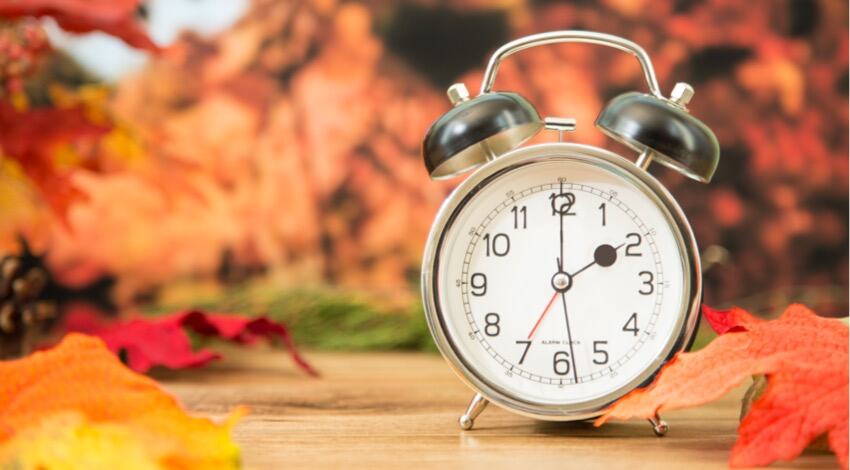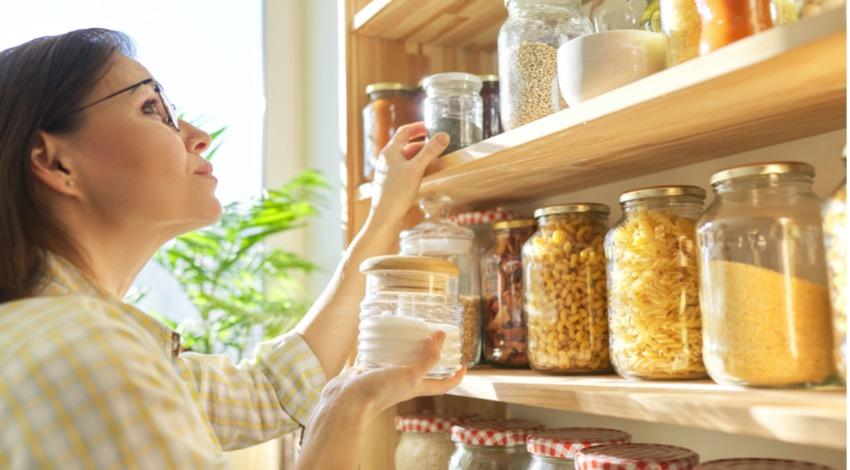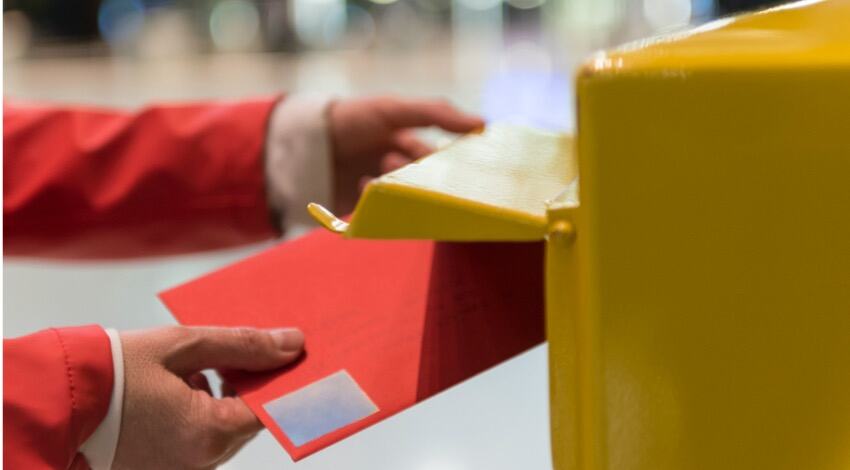Fall Back: Safety Checklist for Time Change Sunday

Celebrate Time Change Sunday with a home safety check. Get ready for winter weather, and prepare the household for cold and flu season today.
Autumn's here and it's time to Fall Back: Time Change Sunday is coming!
On the first Sunday in November, we come to the end of Daylight Saving Time in most of the United States. With an extra hour in the day--and winter on the way--it's a good time for a seasonal home preparedness check
As you circle the house, resetting clocks to Standard Time, make time for this short safety checklist. It'll see you into the winter from a safe--and organized--home:
-
Change the clocks, change the batteries. Smoke detectors and carbon monoxide detectors save lives ... if they're powered on by a fresh battery. Safety experts recommend replacing smoke and carbon monoxide detector batteries twice a year--so celebrate Time Change Sunday with fresh batteries all around.
Energy savings hint: don't toss the replaced batteries just yet. While they're likely not fully charged, replaced batteries can still do duty in children's toys, media players or electronic devices. Squeeze the last drop of power out of them before you recycle!
-
Replace light bulbs. Long dark winter evenings call for a little illumination! Since you'll have stepladders out to reach smoke detectors and clocks on Time Change Sunday, double up on safety (and energy savings) by checking for light bulbs and fixtures.
Consider replacing conventional bulbs with energy-efficient compact fluorescent or LCD bulbs. The U.S. Environmental Protection estimates that replacing standard bulbs with energy-efficient ones saves over $30 in electricity costs over their lifetime.
-
Prepare for colds, flu ... and COVID-19. Cold weather is here and a global pandemic rages; will your household be prepared if illness strikes? Recommendations for household preparedness in 2020 will vary due to household composition and community spread; it pays to be alert to local information, and keep family needs in mind as you plan.
Check the medicine cabinet, and assess stocks of over-the-counter medications. Do you have sufficient non-aspirin fever reducers, cough syrup, and decongestants needed to fight colds or flu? Has the thermometer gone missing? If your household will need specialty equipment or medical supplies, add items like "pulse-ox reader" or "disposable masks" to the shopping list.
In the pantry, a stockpile of canned soup and lemon-lime soda can ease cold symptoms and fight off dehydration--and don't forget to stock up on disposable tissues for all those coughs and sneezes. In the kitchen, work to stockpile a two-week supply of easy-to-prepare foods, to feed the family in the event of illness or lockdown.
Finally, check stocks of cleaning supplies, detergent and disinfectants. Alert: chlorine bleach has a short shelf-life of about 9 months, so it's time to replace bleach bottles purchased last Spring.


